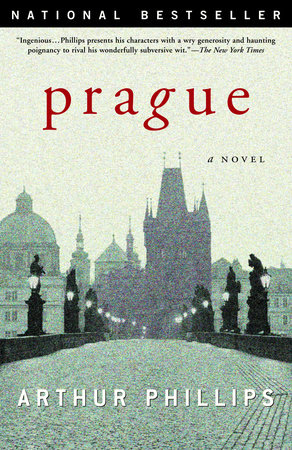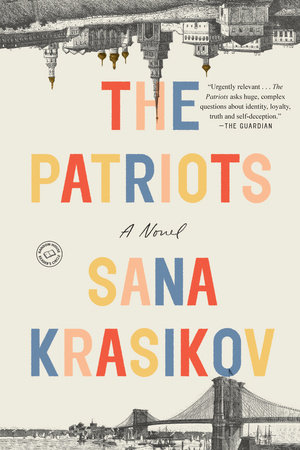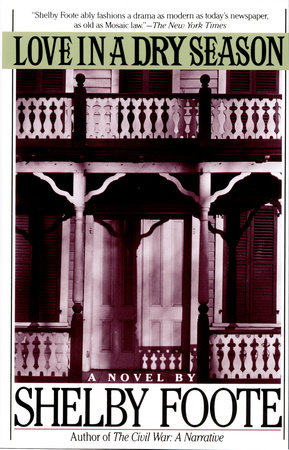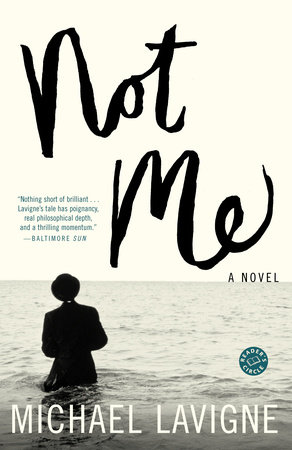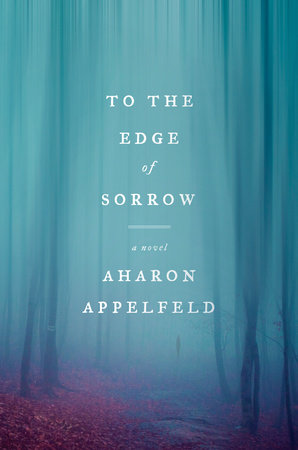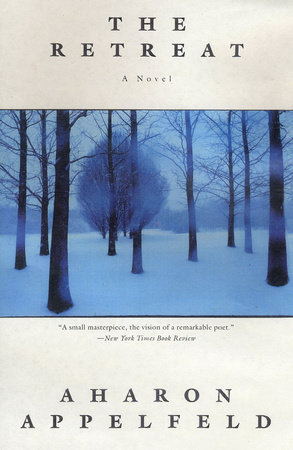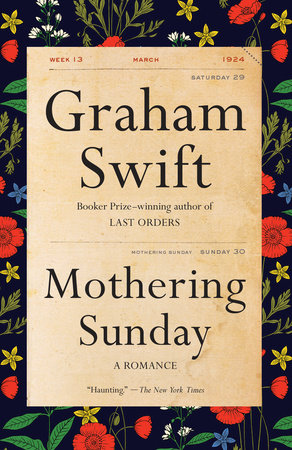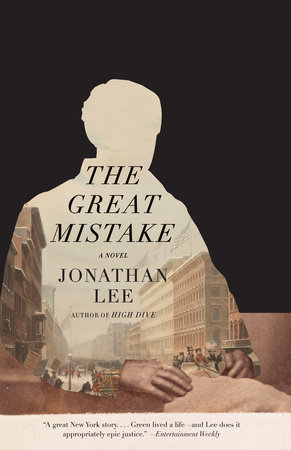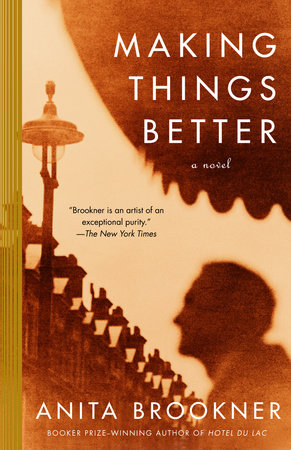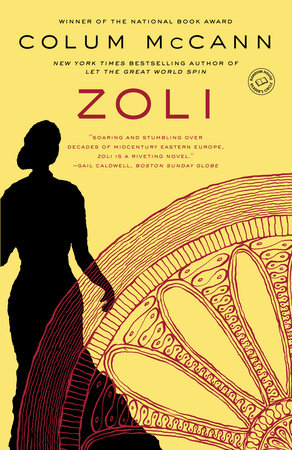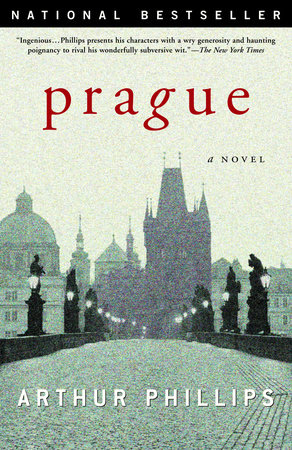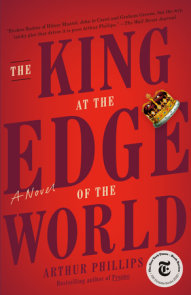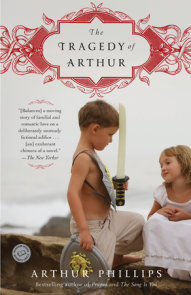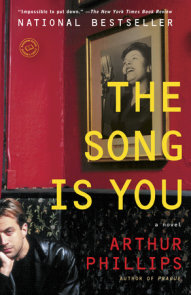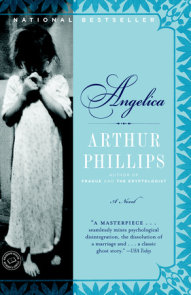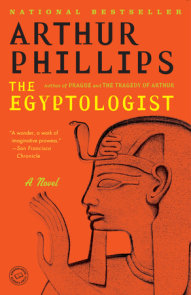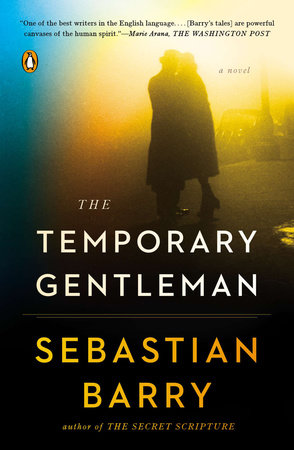Author Q&A
A Conversation with Arthur Phillips
RH: How long did you live in Budapest? What did you do there?
AP: I lived in Budapest for two years, and I tried my hand at a slew of things, all of which I did badly, but I appreciated the Hungarians’ willingness to keep trying me out. After working for an American businessman, I fumbled in and quickly out of advertising, bumbled some real estate development, failed to liquidate vast quantities of coffee and condoms, was very briefly a repo man, and ended up as a poor-quality jazz musician. All of which was worth it, as I had fallen hopelessly in love with Budapest and would have done anything to stay there just a little longer.
RH: In Prague you describe a game called Sincerity, which is played by the characters. Did you invent this or was it a game that expats actually played?
AP: It is interesting to note that people have read the book and told me they recall playing the game in the late eighties and early nineties. Equally interesting is that I recall making the game up one sunny day in Cambridge in 1997 and thinking I had found a nifty way to start my Budapest novel. Either I am a genius who can create games that total strangers incorrectly feel they have played, or I am a fraud, unable to distinguish my inventions from real experience. I am okay with either of these possibilities.
RH: Why is your novel called Prague if it’s not set there? How did Prague become known as the city to go to in the early 1990s?
AP: The novel is named not for a city, but for an emotional disorder. Milan Kundera wrote a marvelous book called Life Is Elsewhere (set in Prague, incidentally) that touches on the same idea: if only I were over there, or with her, or doing that, or born fifty years earlier, then I would be where the action is. So for some expatriates living in Budapest, Prague felt like the place to be. Had those same people been in Prague, Budapest would have seemed like their paradise misplaced.
Prague’s reputation as the reincarnation of Paris in the 1920s may or may not have been earned, but of course Paris in the 1920s was probably not really Paris in the 1920s until A Moveable Feast was published in 1964. And if people suffering from this disease had actually made it to Paris in the 1920s, they would have been disappointed that it didn’t feel more like London in the 1880s. I know I would have been. Of course, purely aesthetically, one’s preference for Prague or Budapest really depended on whether you preferred your temporarily adopted city untouched by war, or bombed and rebuilt. Those are different looks, and appeal to different strains of Boneheaded Romantics.
RH: Did you ever go to Prague? Was it your ultimate destination?
AP: My “ultimate destinations” tend to be a little more difficult to explain to a travel agent. Prague in 1913. Budapest in 1931. Rome in 1964.
RH: How did your actual experiences in Budapest inform your fiction? Are the bars and cafes and business enterprises real? Are any of the characters based on real people? What about Nadja?
AP: As a matter of policy, anytime I was tempted to write autobiography or biography, I went and had a cold shower and a lie-down. I knew we were going to slap “A Novel” on this, and I didn’t want to cheat anyone.
As for just precisely how my actual experiences inform my fiction, I’m afraid the question skates into trade secrets, and I cannot disclose the answer.
The only café in the book that exists is the Gerbeaud, which is an unavoidable piece of Budapest history and tourism. Budapest’s geography–streets, metro lines, parks–are as close to accurate as I could recall. A few friends and I appear in cameos, entertaining probably no one but me, but the businesses and the main characters are entirely fictional, dear Nádja included. I played to my strong suit: anything that could be replaced with a lie was replaced with a lie: expatriate newspapers, Hungarian publishing houses, book titles, song lyrics, club decor, embassy personnel. Part Two, to the extent that it deals with actual Hungarian history, is accurate-ish.
RH: How did you come up with the idea of refracting a hundred-plus years of Hungary’s history into the fortunes of one family and their business, the Horvath Press? How did you research this?
AP: Ah, yes, my brilliant idea . . . however did I come up with it? Well, that’s an interesting story. The short answer is that I have no idea. The longer answer is that I really have no idea. And, of course, many people won’t think the idea is that brilliant; they’ll just wonder why the hell I’ve veered off the track for seventy-five pages and hurl my poor book across the room.
As for research, I did a little background reading in standard Hungarian histories, and lied whenever I couldn’t find the details I wanted. It would be very foolish to treat anything in Prague as trustworthy history. It’s a novel, and I was therefore free to fudge and fiddle whenever I liked the sound of something better than the truth.
RH: Your peers–the people who went to Central Europe ten years ago as part of the zeitgeist–will find a certain resonance in your novel. How do you think readers who were not part of that cultural climate will react to it?
AP: Well, if you had to be there, then I stink and am going straight to literary hell. It is my hope that anyone kind enough to read Prague will say “I wish I had been there.” Ideally, everyone will say this, even those who were.
RH: What’s next for you?
AP: A long period of eager reader anticipation followed by some sad, overreaching gibberish, an oddball second novel dismissed as sophomore slump or the musings of a raving mind. Then personal despair. Skid row. “Whatever happened to” articles. Low-level and gently pathetic crime, like shoplifting something I could easily afford to buy. Followed by . . . comeback time, baby. Stay tuned.
